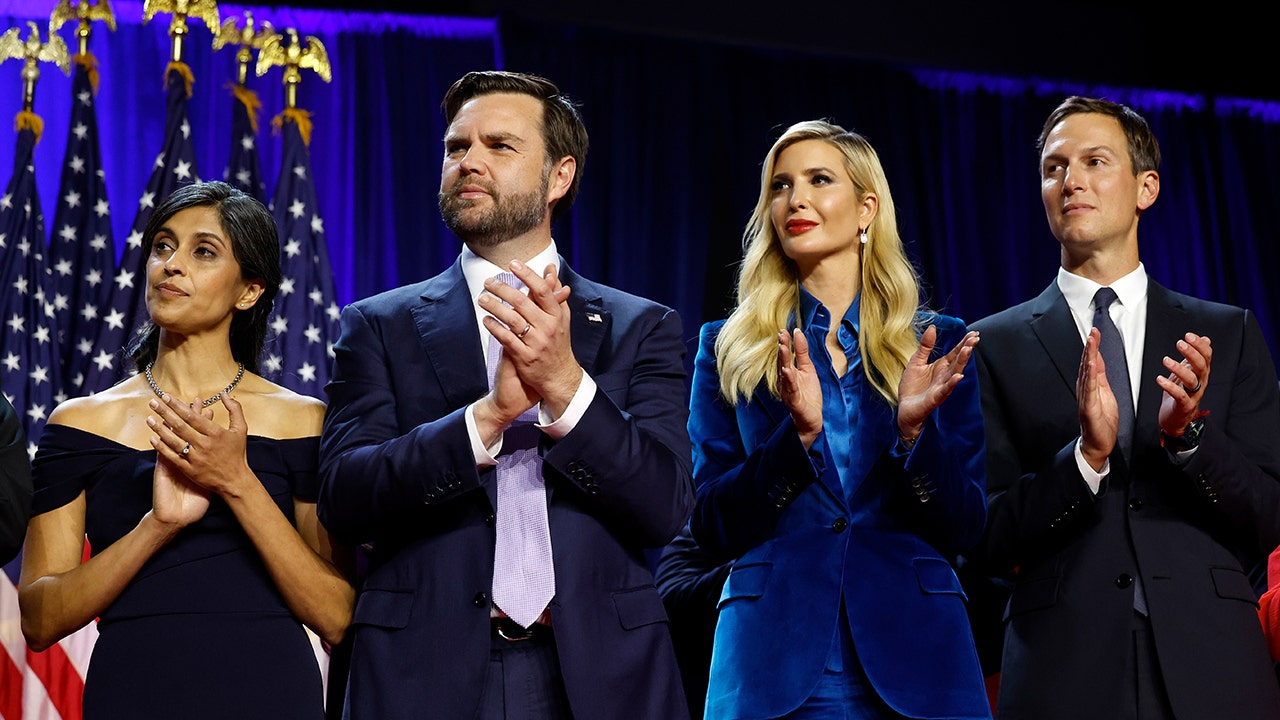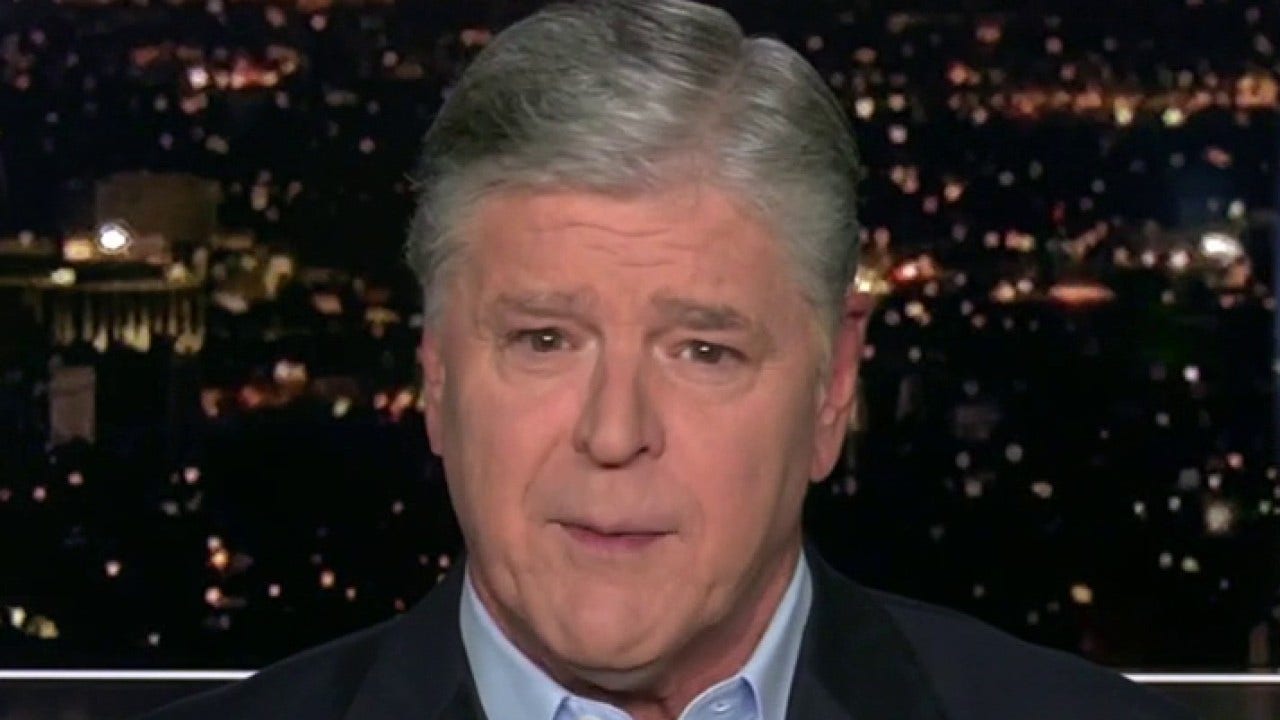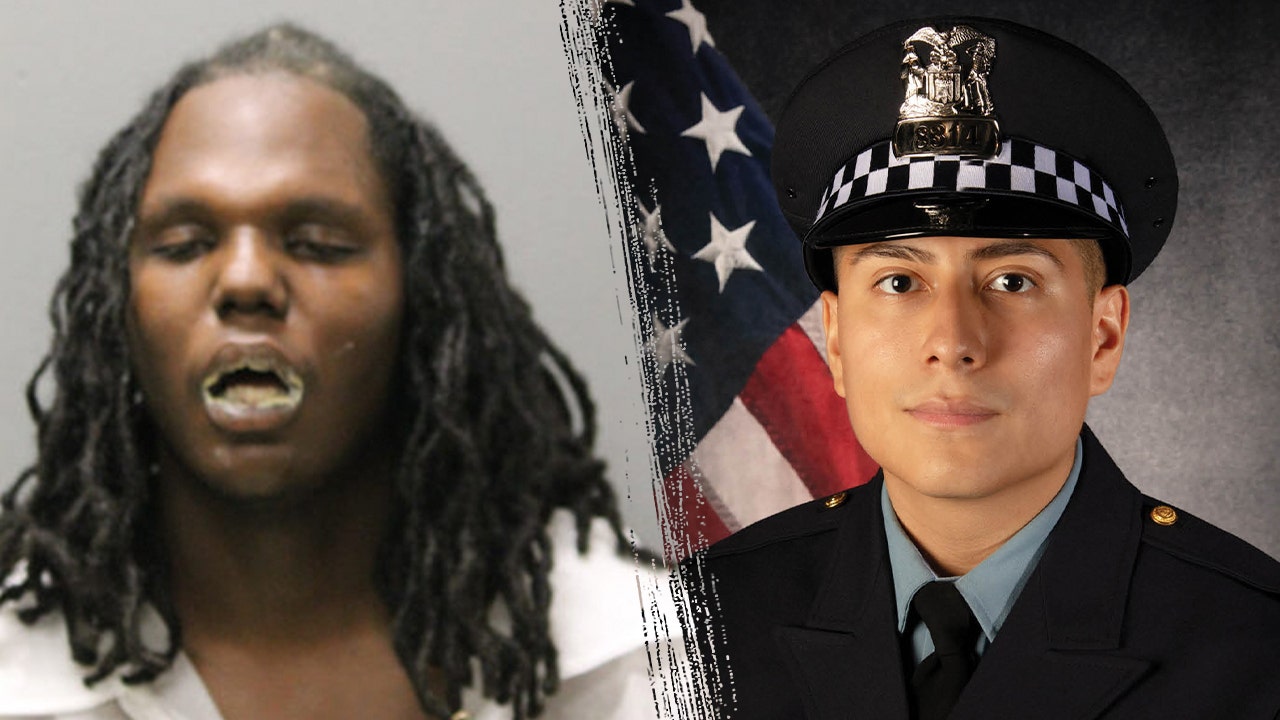WASHINGTON — With just days until Election Day, Vice President Kamala Harris is leaning into a closing argument centered on attacking former President Donald Trump as a danger, an approach campaign officials believe will help her both win over remaining undecided voters and motivate her base, according to four Harris aides familiar with the strategy.
The approach won’t be one-note, her advisers said, but will also seek to highlight her vision and explain what she would do in office.
The plan to hammer Trump more harshly and aggressively in the final days has already begun to play out. On Wednesday, Harris said she believed Trump was a “fascist” during a town hall. She appeared in a series of moderated discussions with Liz Cheney, the former Republican congresswoman who served on the House committee that investigated the Jan. 6 attack and has been a vocal critic of Trump. And on Thursday, Harris delivered an unscheduled speech focused on former Trump chief of staff John Kelly confirming Trump praised Adolf Hitler’s generals.
Harris’ campaign also announced she will give a speech Tuesday on the Ellipse park outside the White House — the site where Trump spoke shortly before the Jan. 6 Capitol riot that critics and prosecutors have pointed to as the catalyst for the attack.
“This campaign is looking at what their targets are and what their data is saying, and they are making what appears to be wise decisions,” said Cornell Belcher, a veteran Democratic pollster who worked on both of Obama’s successful presidential campaigns. “This is a conventional political strategy that goes back a long, long time, that says you have to continue to prosecute the case and fire the incumbent. And, in this case, they are operating like Trump is the incumbent because he is the one who has been elected president.”
While the Ellipse speech is set to be a sweeping address that also lays out her vision in office, some Democrats are worried that Harris may be too focused on Trump and not enough on making an affirmative case for why she is uniquely qualified to be president.
Ashley Etienne, who formerly worked as Harris’ vice presidential communications director, pointed to Harris’ answers during a CNN town hall and said she heard from several people who expressed frustration she didn’t talk about her plans more.
“By now everyone knows the argument against Trump. I don’t think you can persuade people about Donald Trump,” Etienne said. “I do believe people see her as a change agent ... Where she is falling short is, she hasn’t elevated above Donald Trump’s political toxicity in the fray to lay out a case for why she is the right leader for this moment.”
Etienne added, “Her story is what makes America exceptional … People want more meat on the bones. … More poetry about who we are as a nation, why she’s the right leader, and what this vision forward looks like.”
One Democratic lawmaker said they were concerned that Harris wasn’t prepared to answer questions about legislation she would pass and should have leaned into an economic populist message.
Trump's campaign has sought to inoculate him from the line of criticism and he flatly rejects that he would be a threat to democracy. He attacked Kelly after the reports of his remarks.
The Harris campaign argues that the plan will tip some final undecided voters — a chunk of which are disaffected Republicans or independents. Her campaign estimates that in seven battleground states, 7% of the electorate are Republican-leaning undecided voters and about 3% are young voters who are likely to be persons of color, according to three sources familiar with the campaign’s thinking.
Campaign officials said they are working hard to attract these voters because they contend that, if they can “persuade them to participate,” these voters are “more likely” to support Harris.
“Americans are making a choice and elections are about choice — the way you want to live your life, the types of freedoms that you want,” said one source familiar with the thinking of the vice president and her campaign. “Do you want to live under a democracy or somebody who wants to be a dictator on day one? And when it comes down to that last sliver of undecided voters who are deciding what they are going to do, it really does come down to the way they want to live their lives and they want their families to live their lives and that’s why she’s making this very hard contrast.”
Harris launched her campaign with a message of joy — and in recent days, some Democrats have questioned the efficacy of turning to a more aggressive attack mode. But the source close to Harris added that Harris and her aides believe that the same issues that drove voters to elect a Democrat in 2020 are still at play now because Trump remains a danger to the Constitution.
“The joy part is great. It’s wonderful to see that brought back into national politics,” the person said. “But at the end of day, when people are going into the voting booth to decide how they are going to vote, they are thinking about how this election is going to impact my life and the life of my family and the people I love.”
Despite the heavy focus on Trump, campaign aides point out that Harris is still speaking about what she wants to do if elected, including in paid advertising and on social media.
On Wednesday, Harris posted on X, “Trump has an enemies list. I have a to-do list” along with a list of 14 things she intends to do if elected. The list included cutting taxes for more than 100 million Americans, strengthening Medicare and protecting Social Security, passing a bipartisan border security bill, restoring reproductive rights, expanding Medicare to cover home care for seniors and people with disabilities, and promoting gun safety laws.
On Friday night, Harris is scheduled to deliver a marquee address on reproductive freedom in Houston, where she will be joined by women and men who have faced the consequences of state-level abortion bans since the fall of Roe v. Wade.
“It’s either Donald Trump in there, stewing, stewing over his enemies list, or me working for you, checking off my to do list, you have the power to make that decision,” Harris said while campaigning for the first time alongside former President Barack Obama in Georgia.
The Harris campaign says it is also focused on understanding what messaging could impact the small number of undecided voters that remain in key battleground states.
Harris is also trying to avoid a policy-heavy message targeted at undecided voters — like the kind of voters who backed former United Nations Ambassador Nikki Haley in the Republican primary — who might hold conservative views but dislike Trump, according to two sources familiar with the campaign’s thinking.
Instead, Harris campaign officials say these voters are more likely to be persuaded by Kelly’s remarks. The former chief of staff has said Trump spoke positively about Hitler and wanted generals like Hitler, adding that Trump meets “the general definition of a fascist.”
Belcher, the Democratic pollster, said he doesn’t see Harris’ focus on Trump and her defining herself as separate, but rather as part of an overall message that is reminding voters of Trump’s flaws and of the qualification of Harris.
“There is always a conversation about a balance between how much you talk about yourself and how much you talk about your opponent,” he said. “I think their closing argument — about turning the page of the Trump era’s sort of chaos and division and moving forward — I don’t look at this not also as a conversation about her. I think it’s a perfect pivot. It’s an indictment of the chaos and division that is Trump.”
Pete Giangreco, a longtime Democratic strategist who worked on Obama’s presidential campaigns, agrees with the strategy.
“That message on democracy is a twofer, picking off a few conservative votes but also motivating sporadic voting Democrats,” he said. “The two most motivating messages for Democratic turnout are those around abortion and democracy.”
Some Harris campaign officials echoed that argument.
The Ellipse speech next week is meant to be a reminder of the chaos and divisions of the Trump era, particularly of the destruction of the Capitol on Jan. 6, his inaction as violence continued, his subsequent calling it a “beautiful day” and his ongoing promise to pardon those jailed after being convicted of attacking police, a senior campaign official said. The official added that it will both rally her base and reach persuadable voters.
Harris’ address will not narrowly focus on Jan. 6, the senior campaign official said, stressing that it plans to be a sweeping speech laying out her vision for the country, what her presidency would look like, and what Trump’s second presidency would look like by contrast.
Another source close to the campaign said the speech is a “natural extension” of targeting Republicans and Harris’ campaigning with Cheney. The person said going to the location “ties a bow” around a central closing argument.
Meanwhile, the campaign is also trying to tailor its messaging.
A Harris pollster said that giving people — like undecided Black men — more information about Harris during focus groups worked to sway them in her favor. Spreading information about her past stances and her policy ideas in spaces frequented by Black men will help, the pollster said.
Still, some Democrats who have worked with Harris worry there is too much focus on Trump and not on Harris’ unique skills and vision.
One longtime Democratic strategist with close ties to Harris said Harris should be telling voters she understands she’s been engaging in a job interview and wants to answer any final questions people may have about her. The person added that Harris should also be proactively answering questions such as how she plans to bring Americans “closer together” and how she plans to maintain America’s standing in the world.
Monica Alba
and
Kristen Welker
contributed
.

 3 settimane fa
23
3 settimane fa
23















 English (US) ·
English (US) ·